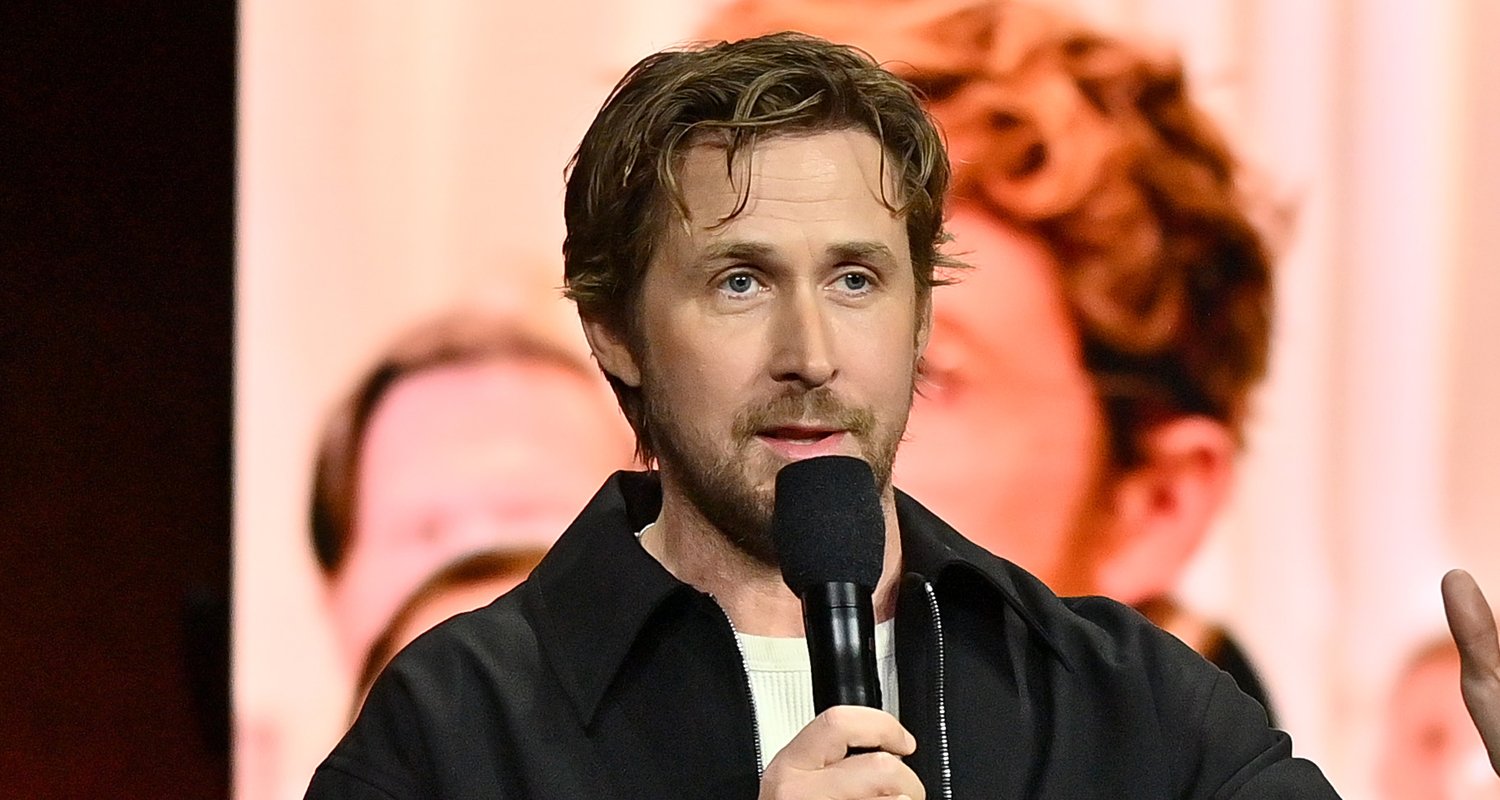ARTICLE AD

The reminders are relentless, but the mission under-exciting: Academy voting is “obligatory” for members this week. It’s time to conjure up those lists of “bests.”
OK, I respect the ritual but – candidly — my attention is drifting. Instead of creating more Barbenheimer lists, I may decide to buy a ticket to a live Squid Game. Or catch the shrieking monsters at a Stranger Things show. Or share some immersion therapy with my kids by visiting Stars Wars: Galaxy’s Edge or The Wizarding World of Harry Potter. Or even visit The Sphere before it succumbs to the laws of financial probity.
With cinema fading and streamers struggling, the brave new world of “experiential show business” offers some welcome relief. Besides, that’s the universe that the mega-companies are now bent on capturing.
As even the once-stodgy Economist puts it, ”Studios are concocting novel ways to soak up demand for live experience.” That’s a signal for fans to desert their couches because “they want more and they’ll eat anything you serve them,” as Netflix’s top marketing executive acknowledges. That means even eating at a Batman-themed restaurant.
Is cinema extinct? No, but it’s become easier to tempt ticket buyers to thaw out at Frozen (stage version) than to cast votes for films with arcane titles like American Fiction.
To be sure, there were past moments when the intrigues of Oscar campaigning themselves provided great theater – witness the infamous dual between Saving Private Ryan and Shakespeare in Love.
Whoopi Goldberg at the 1999 Oscars said “Hollywood has now fought World War III over World War II” – she was referring to Harvey Weinstein’s victory over the Steven Spielberg’s movie. In that era, Oscar voters confounded their fast-shrinking TV audience by backing “best pictures” like Crash and Birdman – films that never invaded the consciousness of viewers.
The Academy hierarchy back then was raging against lavish parties (they ended) and bad-mouthing rival product (Harvey’s still in jail). Studios today are more subdued, gently reminding voters that their product is nobler (Rustin) or more inspirational (Nyad) or simply more eccentric (Poor Things).
Further, the major companies today are exploring an even more complex agenda: Their audience, having nodded off during Covid and rebelled against the rising cost of the streaming wars, may actually yearn for live experiences. Even if that means theme parks.
Disney continues to add and embellish its five theme parks, which contributed $9 billion in operating profit while its streaming business lost $2.5 billion. Universal’s ”experiencing” plans are equally, if not more, expansive and immersive – witness its ambitious London projects.
In short, consumers seem willing to spend $39 and line up for a live squid adventure, mindful that those nasty guards in weird masks and track suits may be closing in on them.
It’s “experience,” after all. And it gets them off the couch.

.png) 1 year ago
42
1 year ago
42 

